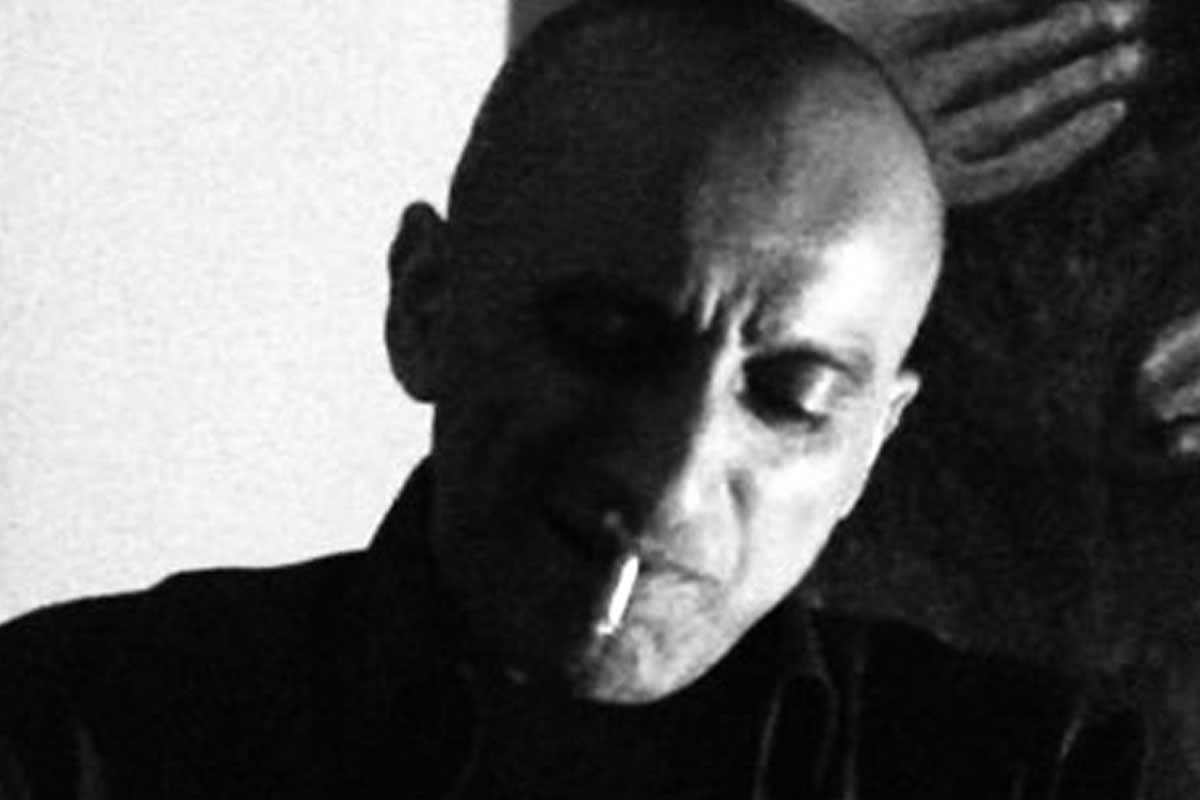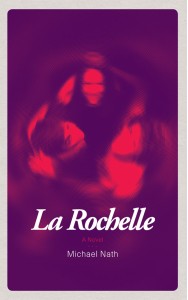An interview with Michael Nath about his debut novel, La Rochelle. The interview was conducted at the time of the book's release in February 2010.
Q: Where did the idea for La Rochelle come from and what is the launch point for such a book?
A: The idea came from a dream my brother Paul told me, in the autumn of 2003. His girlfriend had been kidnapped by a criminal called ‘Whitby’. I agreed to do a swap for her, so we took a taxi down from London to the countryside, where Whitby’d taken her. In the taxi, the driver turned to us and said, ‘Can’t you see, the
It is quite an unconventional read. What is it you were trying to achieve with the book?
I was trying to write a novel that wasn’t too much like a ‘novel’. It had to have the qualities of life instead, such as thickness, abundance, presence, a degree of untidiness. I was after something baroque and dishevelled, with a coat of varnish. I also wished to write something that will last, so that readers may feel inclined to read it again (and even again). Furthermore, I felt it was necessary to bring privacy back into fiction. Can anyone tell what the narrator’s problem really is in La Rochelle? This isn’t an issues book, and it isn’t journalism in disguise.
I was also trying to make people laugh, and worry.
Could you elaborate on ‘This isn’t an issues book, and it isn’t journalism in disguise’?
I mean it isn’t a book in which the narrator’s problems have been formulated in advance, and in a manner that robs them of their particularity to him. They are problems that are being experienced through a sort of fog, rather than seen clearly, as something that ‘everyone’ knows all about these days. The narrator can’t see around his own corner, whereas journalism typically supposes it can.
The book starts at a very specific time – one year on from that dream – 27th September 2004, 7:07pm. Is there significance to this timing and does the political atmosphere of that time have a part to play in the psychology of the book?
There are several things to be said about political events occurring at the time of the novel. Kidnapping was certainly a topical issue (there was the case of the two Italian women, as well as Ken Bigley), and abduction appears as a theme in the book – improvised, perhaps, by the resourceful Ian Edwards from events in the news. What’s more, as HM Government did bugger all to help Ken Bigley, so the two men involved with Laura’s disappearance merely sit chatting about it for quite some time, refreshing themselves with beers and spirits. I think the Epilogue has something more serious to say about politics, namely, that it can be difficult to compare the political and the personal, since expenditure unjustified in political affairs may indeed be justified in the personal case, the individual being infinitely precious.
I ought to mention another political element to the book, which is the narrator’s taste for images of heroic violence and last stands (from which may derive the book’s title, incidentally). This taste worries him – as it probably should. Here, the political and the personal do seem to be intertwined, and he is criticised (by a German scientist) for possessing a Germanic psychology, of the Götterdämmerung kind.
I don’t know if any reader would feel inclined to compare the narrator with the Prime Minister in office at the time the book is set, whose enthusiasm for righteous violence was of course notable.
What about the neurology aspect of the book, a territory often associated with Ian McEwan in English fiction. How authentic is this, especially the theory of Nietzsche’s condition that Mark proposes?
I know a number of neurologists and they’ve all given their approval. One of them (referring to the scene in the headache clinic) said, ‘He must have been there!’ In fact, this was just based on an anecdote I heard, years ago. The narrator’s wretched behaviour is, however, pure invention.The subject of Nietzsche’s fatal illness, regarding which the narrator has a novel diagnostic theory, derives from conversations I had at one time with a neuroscientist who was working in this area and had done some solid research.
Interestingly, of the readers who have commented to us on the book, each has described it differently, highlighting themes particular to them. The most common response I suppose would to be that La Rochelle is ‘a book about love’. Would you go along with this?
Somewhere the narrator holds forth on pagan love and Christian love (inspired no doubt by one of his German books of wisdom). La Rochelle is certainly concerned with the many forms love can take and the different temperatures it can exist at; it’s also concerned with how far love may conceal itself as its opposite…
I hope too that the book loves its characters. The critic John Bailey once wrote that love is the essence of characterisation; this doesn’t sound very tough, but that’s no argument against its truth.
It’s evident that you have love for the characters in the book. Where are they drawn from?
This is a bit of a mystery really. What may happen is that impressions I’ve taken in from photographs on walls, TV programmes, newspaper interviews, things other people have told me about their families or dreams, people I may once have met myself – such impressions may get grafted onto characters from Shakespeare or John Webster, or other writers from around that time, such as John Aubrey… I’d like to think of certain characters from La Rochelle (Ian and the narrator, for example) as having a sort of seventeenth century provenance. But I may be quite mistaken about all this.
The aim anyway is to make them somewhat larger than life, and difficult to see right round. This is the important thing. They must have their own nature, and a kind of freedom.

